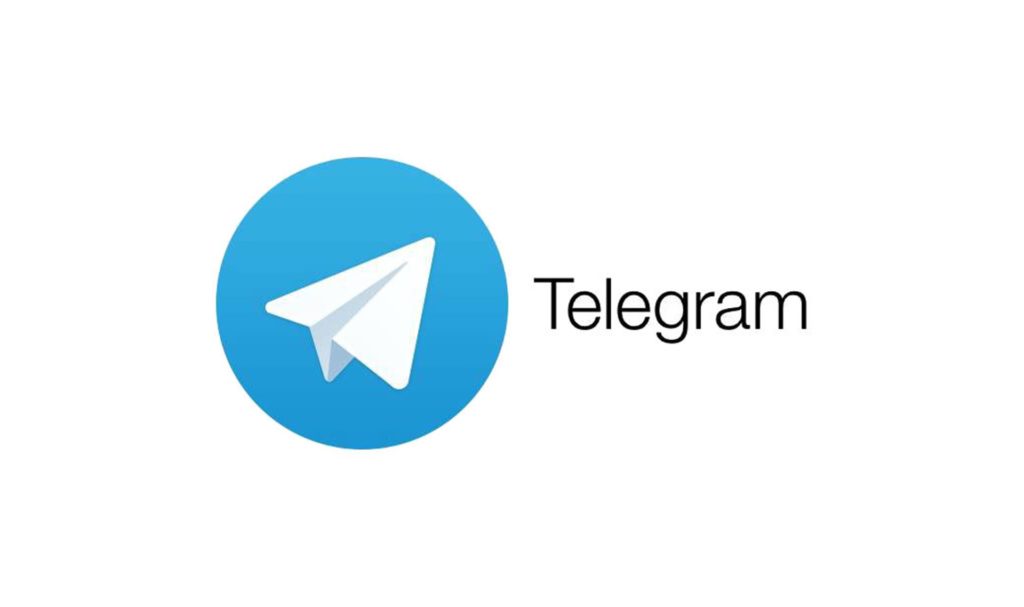
Despite being an unfortunate situation for Telegram, "I think the outcome of this case can help put pressure on Congress to write a new law that may indicate a path," said association executive director Kristin Smith.
This will not happen now, while everyone is looking for strategies to overcome the COVID-19 pandemic. Later, however, "there will be interest among lawmakers in finding ways to support innovations and growing industries during the recovery," said Smith.
An ally that does not give up
The Blockchain Association - a cryptocurrency support group whose members include Coinbase, Circle, Digital Currency Group, eToro, Anchorage, Kraken, Ripple and others - has weighed heavily on the legal struggle between Telegram and the SEC.
The SEC (Security and Exchange Commission) asked the court in October to stop issuing Telegram blockchain tokens, called grams, to Investors. The commission recently scored a victory when judge Kevin Castel issued a preliminary injunction blocking the issuance of grams, including for investors outside the United States.
The Blockchain Association has asked the court to dismiss the SEC charges against Telegram. However, Judge Castel does not appear to accept the fact that while the simple agreement for future tokens (SAFT) was a security offering, the Telegram tokens promised to investors are not.
The association insisted that the ruling should be reviewed in its second court brief presented last week. Smith believes that by prohibiting the distribution of grams, the SEC is trying to pursue a nonexistent crime: Telegram investors, who are only accredited investors, can find legal ways to sell their tokens if they want to.
The case sets an important precedent, Smith believes: “I think it's potentially problematic for companies that have already issued SAFT or are in the process of doing so. This really prevents many new projects from starting. ”
SAFT in trouble?
Telegram's battle with the SEC highlights that the SAFT framework it has used, as many other cryptocurrency startups have done, is not as secure a fundraising method as the industry believed. The framework was introduced in 2017 as a compliant way to sell tokens to institutional investors, unlike ICOs, which are largely sold to retail buyers.
Benjamin Beaton, partner of the Squire Patton Boggs law firm and one of the authors of the latest briefing from the Blockchain Association, believes that the SEC's action against Telegram "seems unfair" and creates greater uncertainty, which "highlights the need for clarity in regulations" .
Although the court case has not been in Telegram's favor so far, it may not be the end of SAFT. "Not all SAFTs are designed in exactly the same way and just because it didn't work for Telegram doesn't mean that this model won't work in other areas," said Beaton.
